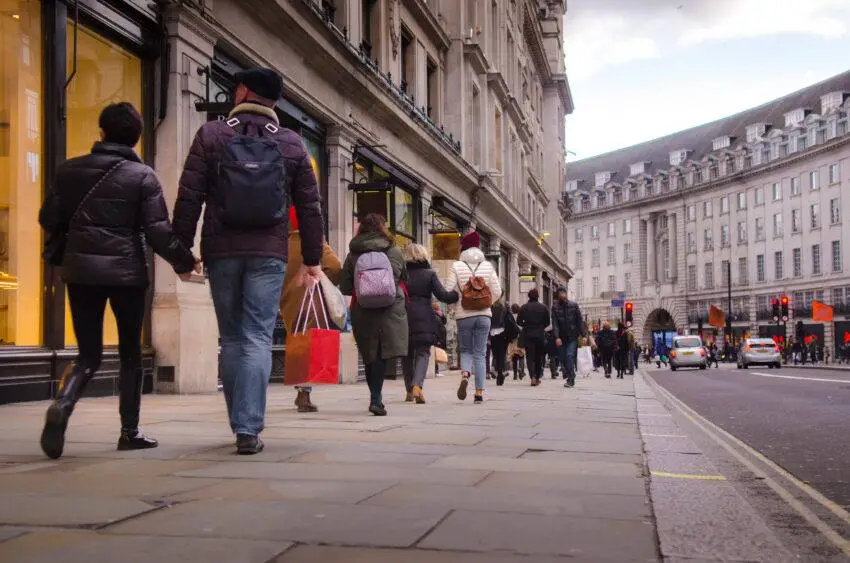London’s West End retailers are grappling with an estimated £220 million loss in unrealised sales this year, a significant increase from the £400 million loss reported in 2023. This financial shortfall is attributed to the previous Conservative government’s decision to eliminate tax-free shopping, a policy change spearheaded by former Chancellor Jeremy Hunt as part of an effort to stabilise public finances.
Proponents of tax-free shopping argue that the policy puts the United Kingdom at a competitive disadvantage compared to the European Union, where tourists can claim VAT refunds on qualifying purchases. Dee Corsi, Chief Executive of the New West End Company, emphasised the broader ramifications of the so-called ‘tourist tax,’ highlighting its negative impact on the entire tourism ecosystem. ‘The loss of £400 million in unrealised sales last year in the West End alone is just a small part of this story. Fewer sales on the shop floor means fewer tourists in restaurants and hotels,’ Corsi noted. ‘If the government is serious about returning the country to growth, tax-free shopping presents a rare, golden opportunity to do so.’
Chancellor Rachel Reeves, set to present her first budget later this month, has indicated that difficult decisions regarding tax increases and spending cuts will be necessary to address public financial concerns. However, the Labour Party has made it clear that they have no intentions of reinstating tax-free shopping for tourists, instead focusing on revenue generation without increasing income tax, VAT, or national insurance.
The New West End Company, representing 600 retailers, hotels, and restaurants in prime shopping districts such as Bond Street, Oxford Street, Regent Street, and Mayfair, has calculated these unrealised losses by analysing passenger arrivals at London airports alongside payment data for international transactions in the West End. These figures are benchmarked against 2019 data, a time when tax-free shopping was still in effect, and £500 million in discounts were processed, according to the Office for Budget Responsibility.
Despite a 3% rise in overall visitor numbers to London during the first half of 2024 compared to the same period in 2019, spending has decreased by 12%. This decline starkly contrasts with a 36% increase in overseas spending across the European Union, further underscoring the competitive disadvantage faced by UK retailers. The New West End Company is urging the government to reinstate tax-free shopping, contending that such a move would create a level playing field for British businesses competing against their European counterparts.
‘The removal of tax-free shopping is not just about lost retail sales; it has a cascading effect on the entire tourism and hospitality sectors,’ the association stated. ‘Reinstating the policy would provide a vital boost to the UK economy at a time when growth is urgently needed.’
As the pressure on the government to reconsider its stance mounts, the impact of the tourist tax on London’s retail sector highlights the challenges facing businesses seeking to attract international expenditure in a post-Brexit, post-pandemic landscape. Without policy changes, the UK’s status as a premier shopping and tourism destination could continue to diminish, which would have significant economic consequences for the capital and beyond.

